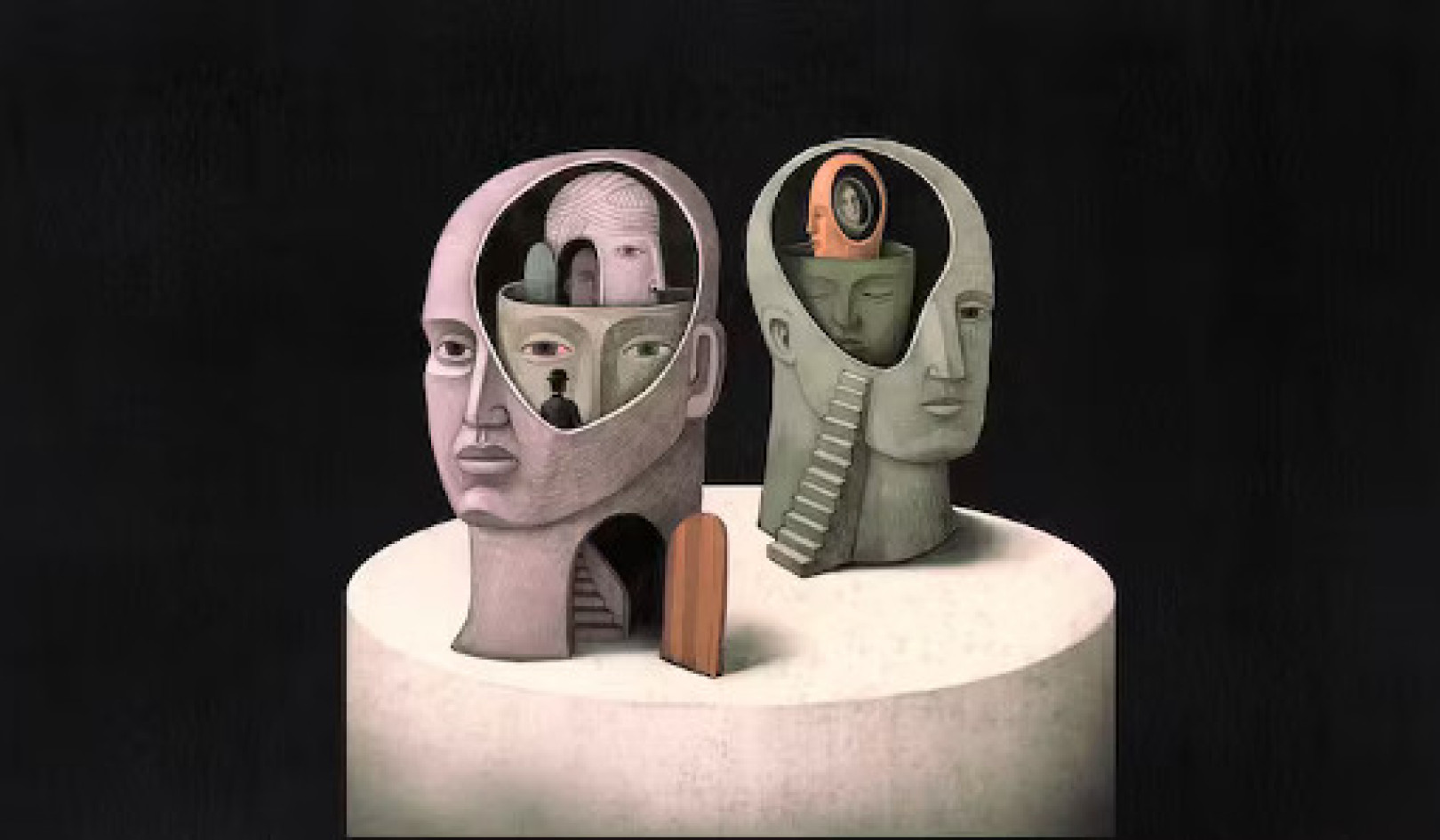 You don’t have to be in the middle of an election campaign to be concerned about your ability to spot a lie. Psychology research suggests people lie at least once a day.
You don’t have to be in the middle of an election campaign to be concerned about your ability to spot a lie. Psychology research suggests people lie at least once a day.
A 2006 review of 206 papers found that we are little better then chance at guessing whether something is a lie or not, 54% to be exact.
Some lies are told to make others feel better. I wouldn’t mind if someone wanted to tell me, “You’re such a brilliant psychologist.” Most lies however, are for the benefit of the person telling the lie.
We learn to lie young, typically between the ages of two and three. More successful lying in childhood takes a little longer and requires a more developed ability to understand others’ mental states.
You also need good working memory to be convincing, so that you can remember the lie. Brighter children seem to lie most often and most selfishly.
By adulthood we are, it seems, well practised.
There are no tell-tale signs of lying per se, but there may be indicators of negative emotion associated with telling a lie (anxiety, guilt, shame, sadness, fear of being caught) even when the liar is trying to conceal them.
These sometimes leak out in micro-expressions, brief facial expressions lasting a fraction of a second or squelched expressions where the liar covers the emotion with a mask, usually a fake smile.
You can tell a fake smile because it doesn’t involve the muscles around the eyes and leaves the face quickly. Genuine smiles fade more slowly.
But the thing about possible nonverbal indicators of deception is most of us would need to replay the behaviour in slow motion to spot them.
Facing up to the truth
But what about avoiding eye contact, believed globally to be a deception cue. My mother always said that she could tell when I was lying because I couldn’t look her in the eye. She would move closer and ask what I’d been up to the night before.
Eye contact is not a useful indicator of deception. Eye contact is affected by our cognitive activity even when we’re telling the truth. For instance, by planning our speech or accessing memory.
Also, we all know that’s what people look out for. And liars know to control it. Good liars can maintain eye contact when lying by planning their lie in advance and building their lies on fragments of the truth and real situations.
Eye contact is also affected by interpersonal distance. It’s difficult to maintain eye contact when someone is sitting close-up and staring at you (like my mother). This is the intimacy equilibrium model.
Certain behaviours signal intimacy, like distance, eye contact and topic of conversation. If interpersonal distance changes, we balance this by unconsciously moderating the others. So when my mother moved in for the interrogation, I looked away and she got the evidence she was looking for.
This is a type of confirmation bias. It’s not just that you look for evidence to confirm your hypothesis, you unconsciously influence the very behaviour you’re looking for.
This doesn’t just apply to my mother. A 1978 study suggested that police officers in interrogations move closer to suspects they think are guilty. The suspect looks away, and … guilty as charged! Observers don’t notice the changed distance.
But confirmation bias isn’t just about seating arrangement. We make instant and unconscious judgements of trustworthiness in a face quickly in everyday life (about one-tenth of a second). Once we’ve decided that someone looks trustworthy, we may unconsciously search less for cues to deceit.
Lie detection is fraught with biases and good liars know how to exploit them. They know what we’re looking out for and that’s what they control. Good eye contact, masking smile, well-prepared speech with few hesitations. They can also convince themselves of the essential truth of the lie. Self-deceit reduces any emotional response.
For my new book Lies, Lying and Liars: A Psychological Analysis I studied many expert liars and how they use our intuition against us. For example, in judging a lie we need a baseline of behaviour to detect any deviations.
Expert liars aim to disrupt this. One of my informants (with something to hide) said that when he was stopped by the police he pretended to be really angry and a bit unstable to throw them off course.
And then there’s personality. There’s no point in searching for micro-expressions of guilt, shame, sadness, or fear, if that’s not how they feel inside. Some people enjoy lying. It’s exciting, they don’t care about the consequences. Any micro-expressions in these cases will be positive.
Not a bit of wonder expert liars feel emboldened.![]()
Geoff Beattie, Professor of Psychology, Edge Hill University
This article is republished from The Conversation under a Creative Commons license. Read the original article.
Books on Improving Performance from Amazon's Best Sellers list
"Peak: Secrets from the New Science of Expertise"
by Anders Ericsson and Robert Pool
In this book, the authors draw on their research in the field of expertise to provide insights into how anyone can improve their performance in any area of life. The book offers practical strategies for developing skills and achieving mastery, with a focus on deliberate practice and feedback.
Click for more info or to order
"Atomic Habits: An Easy & Proven Way to Build Good Habits & Break Bad Ones"
by James Clear
This book offers practical strategies for building good habits and breaking bad ones, with a focus on small changes that can lead to big results. The book draws on scientific research and real-world examples to provide actionable advice for anyone looking to improve their habits and achieve success.
Click for more info or to order
"Mindset: The New Psychology of Success"
by Carol S. Dweck
In this book, Carol Dweck explores the concept of mindset and how it can impact our performance and success in life. The book offers insights into the difference between a fixed mindset and a growth mindset, and provides practical strategies for developing a growth mindset and achieving greater success.
Click for more info or to order
"The Power of Habit: Why We Do What We Do in Life and Business"
by Charles Duhigg
In this book, Charles Duhigg explores the science behind habit formation and how it can be used to improve our performance in all areas of life. The book offers practical strategies for developing good habits, breaking bad ones, and creating lasting change.
Click for more info or to order
"Smarter Faster Better: The Secrets of Being Productive in Life and Business"
by Charles Duhigg
In this book, Charles Duhigg explores the science of productivity and how it can be used to improve our performance in all areas of life. The book draws on real-world examples and research to provide practical advice for achieving greater productivity and success.


























